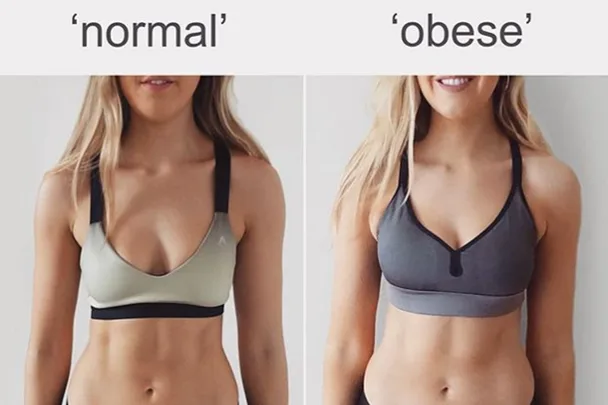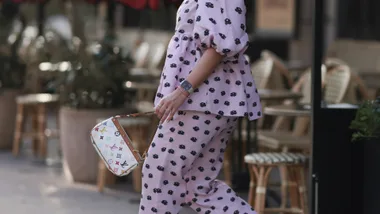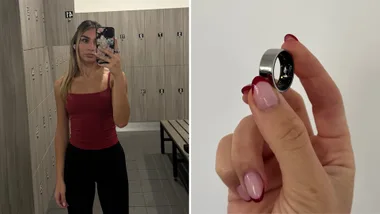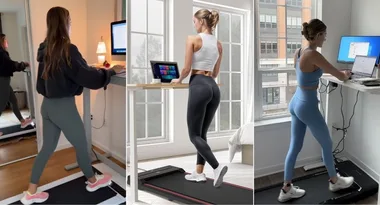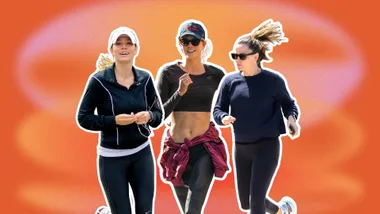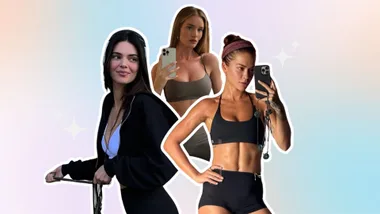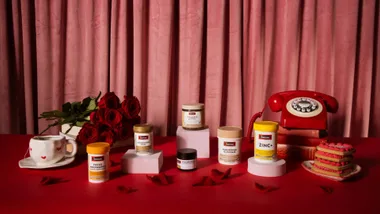Influencer Lucy Mountain recently started a new exercise routine that added about 8 lbs. (3.6 kilos) to her frame including some body fat. The weight gain didn’t bother her — but she was surprised to see that the shift meant her waist-to-hip ratio is now considered “obese” because of outdated body standards.
The 26-year-old says that these misinformed labels show that it’s difficult to determine someone’s health with just numbers.
“I think that with the vast majority of methods to track ‘health’ there will always be discrepancies,” Mountain, a personal trainer and digital marketer from London, tells PEOPLE.
“No piece of technology can tell us how we’re feeling inside. I think there can be something useful to take away from scale weight — but it’s certainly not something to use as the sole way to determine your perceived successes and failures.”
Mountain says she’s thankfully in a place in her life where she has accepted her body fluctuations, so the “obese” label didn’t bother her.
“I’m completely neutral to it,” she says. “My body is ever-evolving and ever-changing — and depending on my lifestyle and priorities at any given point in time, it will look different. Sometimes I’ll be leaner, sometimes I’ll be heavier. And that’s totally cool. Neither make me a better or worse person, and neither affect my self-worth.”
This low-key mindset is fairly new for Mountain, after struggling with her body image a few years earlier.
“In my younger twenties I was far more self-conscious of how I look,” she says. “A combination of life experience and accepting that reaching a particular fitness or aesthetic goal doesn’t equal happiness has definitely guided me in the right direction.”
And she recognises that many other people haven’t found the same body acceptance, which is why she wanted to call out the discrepancies in systems that label her “obese.” Mountain says the best way to change the conversation about body image is to “remove the labels” like ‘good,’ ‘bad,’ ‘normal’ and more.
“They’re just words — and everything is subjective. The psychological and physiological impact of putting ourselves and others in these ’boxes’ can be really damaging,” she says. “The best gift I ever gave myself was removing this kind of language from my vocabulary. That’s when I truly started having a balanced relationship with food and my body.”
This article originally appeared on PEOPLE.
